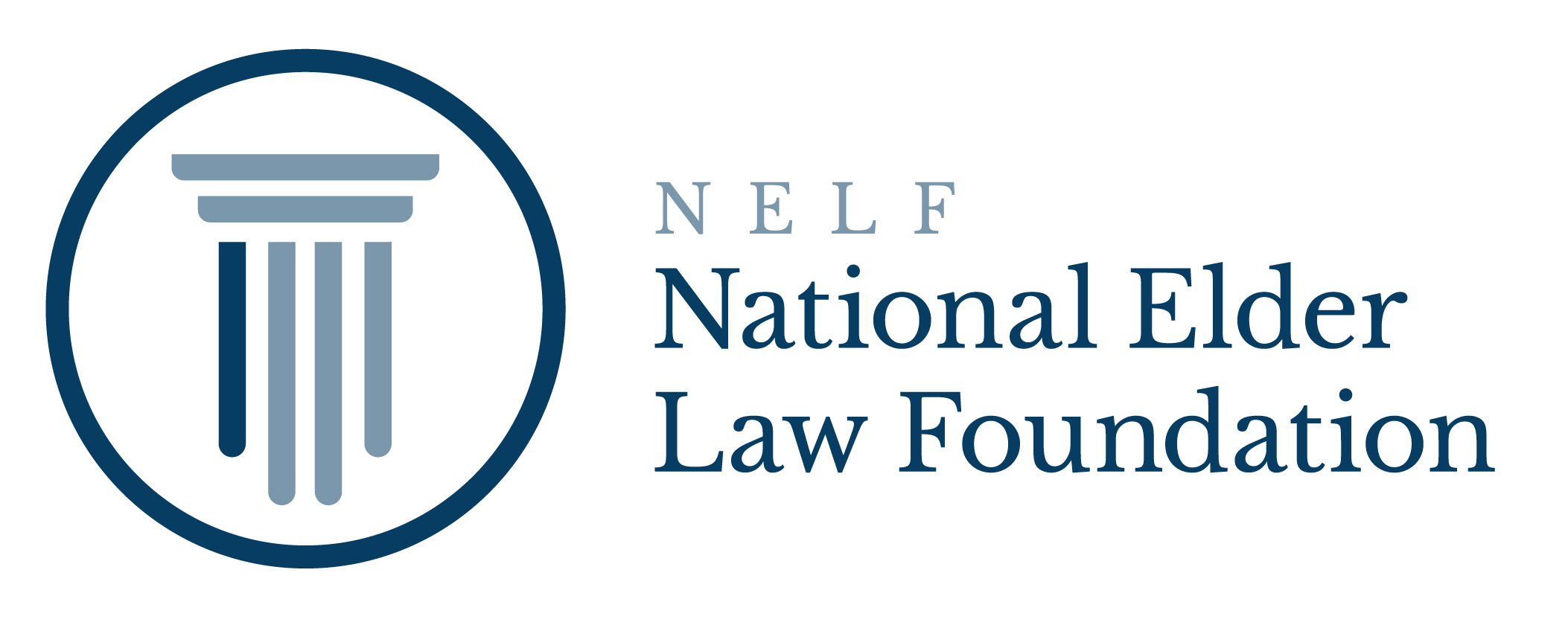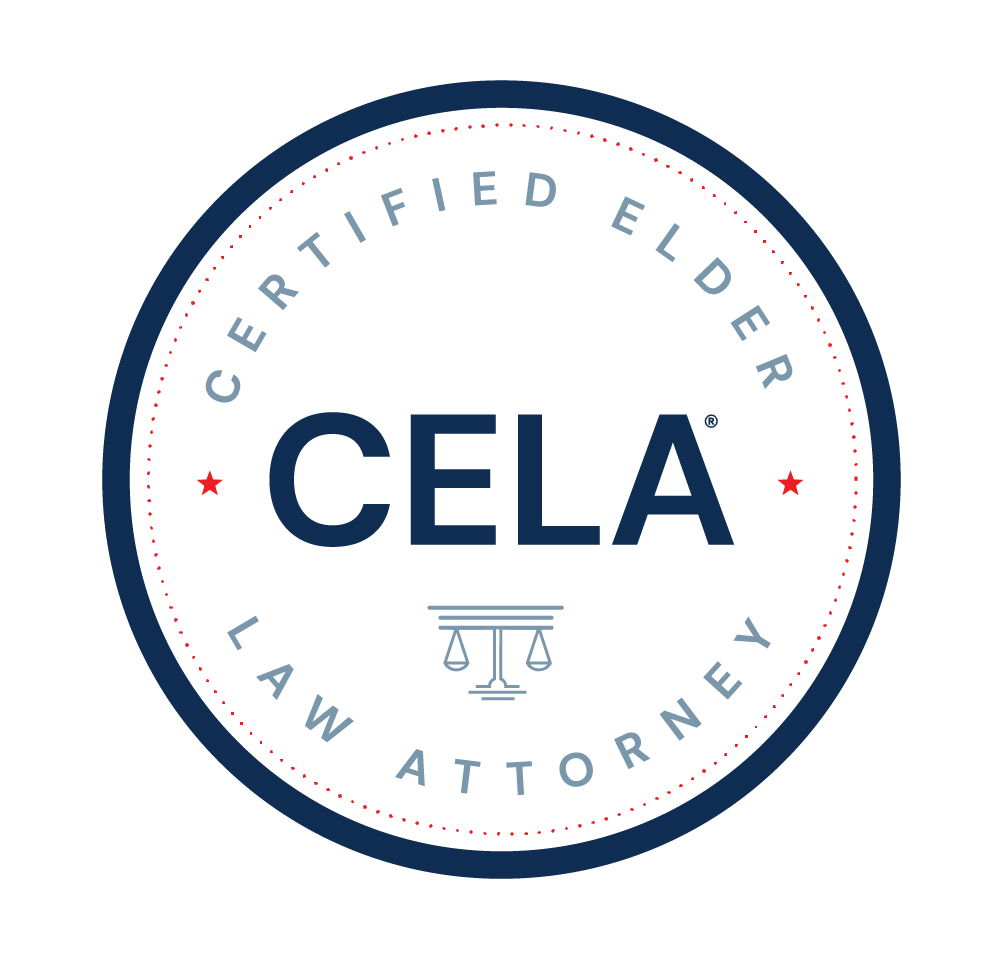Learn the Truth About Health Care Reform
On Sunday, March 21, 2010 in an historic vote, the U.S. House of Representatives passed H.R. 3590, the Patient Protection and Affordable Care Act, clearing it for signature by President Obama. This comprehensive health care reform bill previously was passed by the Senate on December 24, 2009, and contains a number of provisions which affect older adults, including the following as compiled by the National Academy of Elder Law Attorneys:
Medicare:
Health care reform will extend the life of the Medicare Trust Fund which, without some intervention, was projected to be depleted in 2017.
Health care reform will eliminate the Medicare Part D coverage gap by 2020 (including providing a $250 rebate to Medicare beneficiaries who reach the doughnut hole in 2010).
Health care reform will reduce payments to Medicare Advantage (MA) (Part C) plans to make them equal (on average per beneficiary) to payments through traditional Medicare.
Medicare Advantage plans provide Medicare benefits through a private insurance plan rather than through traditional fee-for-service Medicare run by the federal government. On average, MA plans currently receive $135 per beneficiary per month in excess of traditional fee-for-service Medicare. Individuals and couples enrolled in traditional Medicare pay higher premiums ($96 per year per couple) to subsidize these higher payments to the private insurance plans. These subsidies to private insurance companies are unsustainable and threaten the future of the Medicare trust fund.
Cuts to guaranteed Medicare benefits are prohibited in the health care reform bill. The only benefits that the private Medicare Advantage plans can eliminate are the optional extra benefits such as health club memberships, vision or dental.
The health care reform bill contains provisions to slow the rate of growth in Medicare premiums by testing new care delivery models which focus on quality rather than quantity; reducing avoidable, dangerous and needless hospital readmissions caused by poor care or lack of follow-up; reducing fraud and abuse; and trimming future increases to hospitals and rehab providers.
Health care reform would also reduce out of pocket expenses for prevention and wellness services for Medicare beneficiaries, and provide a free annual checkup for Medicare beneficiaries.
Long-Term Care:
Require nursing homes to disclose their owners, operators, suppliers, financers and others they do business with so they can be held accountable for the care residents receive.
Require the government to implement a system to collect and report information about how well nursing homes are staffed, including accurate information about the hours of nursing care residents receive; staff turnover rates; and how much facilities spend on wages and benefits.
Require criminal background checks on employees of long-term care facilities.
Establish the Community First Choice Option, which creates a state plan option to provide community based attendant supports and services to individuals with disabilities who are Medicaid eligible and who require an institutional level of care. States who choose this option will receive a six percent increased “federal match” to help them implement it.
Offer spousal impoverishment protections to the spouses of all HCBS waiver participants.
Additional Resources:
Straight Talk for Seniors – from the National Council on Aging:
http://www.naela.org/App_Themes/Public/PDF/Advocacy%20Tab/Health%20Care%20Reform/Straight-Talk-for-Seniors.pdf
How Health Care Reform Legislation Helps Individuals with Alzheimer’s Disease – from the Alzheimer’s Association
http://www.naela.org/App_Themes/Public/PDF/Advocacy%20Tab/Health%20Care%20Reform/Alzheimers_Disease_and_Health_Care_Reform.pdf
Full text of the Patient Protection and Affordable Care Act
http://frwebgate.access.gpo.gov/cgi-bin/getdoc.cgi?dbname=111_cong_bills&docid=f:h3590enr.txt.pdf
National Senior Citizens Law Center – http://www.nsclc.org/
Center for Medicare Advocacy – http://www.medicareadvocacy.org/
Henry J. Kaiser Family Foundation – http://www.kff.org/











